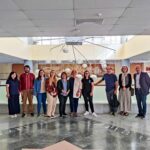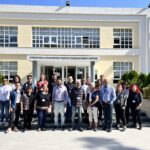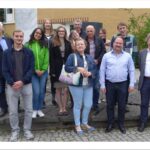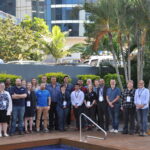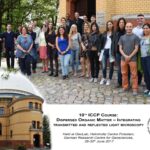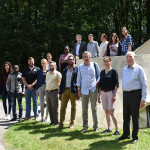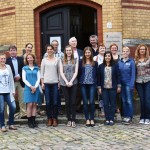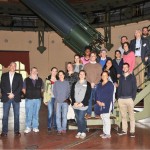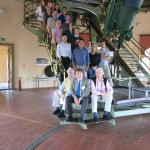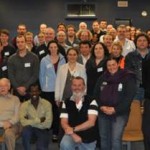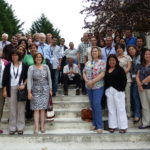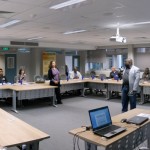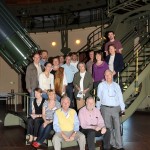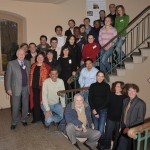Courses
Please find all information on the 16th ICCP Course on Organic Petrology, Patras, Greece – in this page: https://www.iccop.org/course/16th-iccp-course-organic-petrology-and-environmental-applications-patras-greece-2025/
16th ICCP Course: Organic Petrology and Environmental Applications, Patras, Greece, 2025
Information updated on January 14, 2025
1. Introduction The International Committee for Coal …
15th ICCP Course: Optical Microscopy of Dispersed Organic Matter: facies and maturity, PATRAS 2023
Information updated on April 2, 2023
1. Introduction The International Committee fo …
14th ICCP Course: General Coal and Organic Petrology, PATRAS 2022
Information updated on March 16, 2022
1. Introduction The International Committee for Coal an …
14th ICCP Course: General Coal and Organic Petrology
Information updated on December 13, 2019
1. Introduction The International Committee for …
13th ICCP Course on Organic Petrology
Information updated on June 14, 2019
1. Introduction The International Committee for …
12th ICCP Course: Dispersed Organic Matter Practical Course- Integrating transmitted and reflected light microscopy
Information updated on July 12, 2018
1. Introduction The International Committee for Coal an …
11th ICCP Short Course: General Coal and Organic Petrology
Information updated on April 13, 2018
1. Introduction The International Committee for Coal an …
10th ICCP Course: Dispersed Organic Matter – Integrating transmitted and reflected light microscopy
Information updated on January 26, 2017
1. Introduction The International Committee for Coal an …
9th ICCP Training Course in Organic Petrology
Information updated on October 26, 2016
1. Introduction The Interna …
8th ICCP Course: Organic Petrology for Industrial Applications
Information updated on December 17, 2015
The ICCP Training Course on Organic Petrology for Indus …
7th ICCP Course: Dispersed Organic Matter, GFZ, Potsdam, Germany
Information updated on November 11, 2013
23-27 June, 2014, Potsdam, Germany – Teachers: Joao Graciano Mendonca Filho & Angeles G. Borrego
6th ICCP Course in Organic Petrology at GFZ, Potsdam
Information updated on August 30, 2013
10-14 June 2013, Potsdam, Germany – Teachers: Claus Diessel & Walter Pickel
5th ICCP Course in Coal and Organic Petrology
Information updated on July 31, 2012
31 July to 3 August, 2012 Brisbane, Australia Teachers: …
4th ICCP Course in Dispersed Organic Matter
Information updated on September 7, 2011
September 7-9, 2011 University of Porto Portugal Teache …
3rd ICCP Course in Organic Petrology Gondwana Flavour
Information updated on May 9, 2011
May 9-13, 2011 University of the Witwatersrand (Wits) J …
2nd ICCP Course in Organic Petrology
Information updated on June 14, 2010
June 14-18, 2010 Helmholtz Centre Potsdam German Resear …
1st ICCP Course in Organic Petrology
Information updated on November 16, 2009
November 16-20, 2009 Helmholtz Centre Potsdam German Re …

